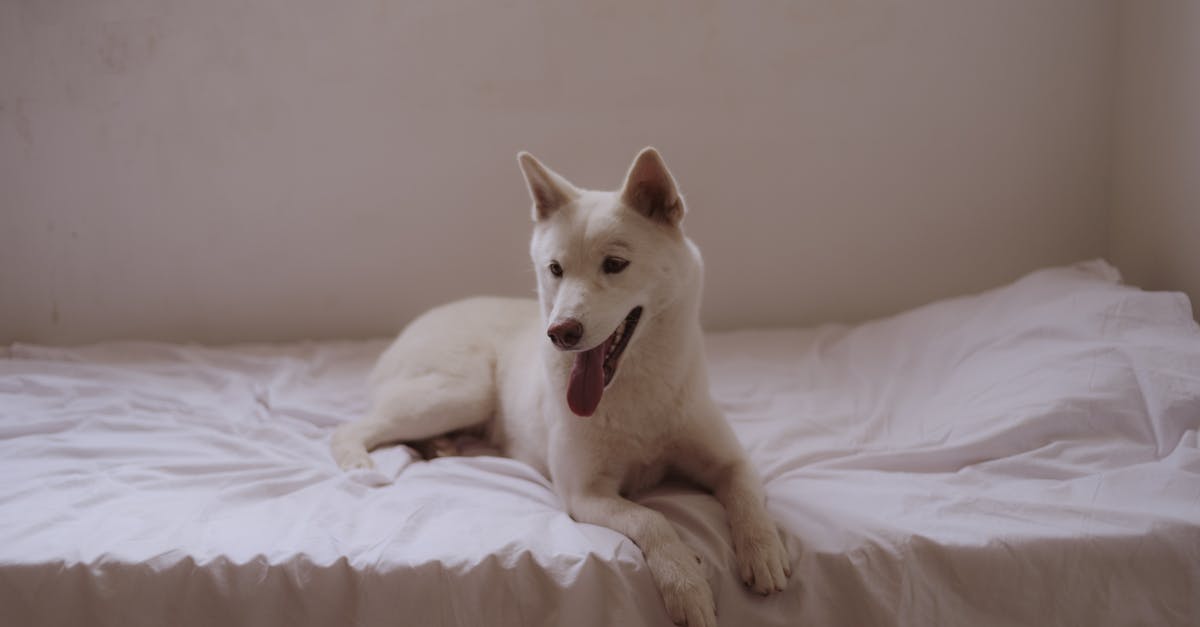Have you ever noticed your dog rubbing their face against furniture, the floor, or even your legs? While it can look adorable or even funny, face rubbing is a common behavior that can sometimes indicate an underlying issue. Understanding why dogs rub their face is essential to ensure your furry friend stays happy and healthy. Let’s break down the possible reasons and how you can help.
🧠 Why This Happens
Dogs rub their faces for various reasons, ranging from normal behavior to signs of a potential health problem. Here are some of the most common explanations:
- Itchy skin: Allergies, insect bites, or irritants like pollen can make your dog’s face itchy, leading them to rub against surfaces to relieve discomfort.
- Eye or ear irritation: If your dog has an eye infection, ear infection, or debris trapped in these areas, they may try to soothe the irritation by rubbing their face.
- Dental pain: Dental issues like gum disease, tooth infections, or teething in puppies can cause discomfort, leading to face rubbing.
- Marking territory: Dogs have scent glands on their faces, and rubbing can sometimes be a way to mark their scent on objects or people.
- Enjoyment: Some dogs simply enjoy the sensation of rubbing their face, especially after meals or during playtime.
While occasional face rubbing is perfectly normal, frequent or intense rubbing may signal a problem that needs attention.
❗ How to Help
If you’ve noticed your dog rubbing their face more often, here’s what you can do to help:
- Check for visible irritants: Look for signs of redness, swelling, or debris around their eyes, nose, and mouth. Gently clean any dirt or foreign particles with a damp cloth.
- Inspect their ears: Examine their ears for wax buildup, redness, or an unusual odor, which could indicate an ear infection.
- Examine their teeth and gums: Look for signs of dental issues like swelling, bleeding, or bad breath. Brushing their teeth regularly can help prevent oral problems.
- Monitor their environment: Check for allergens like dust, pollen, or certain cleaning products that could be causing irritation.
- Ensure proper grooming: Long hair around the face can trap irritants, so regular grooming can help keep your dog comfortable.
By addressing these basics, you may be able to resolve minor issues at home. However, if the rubbing persists, it’s time to dig deeper.
✅ Behavioural Solutions
Addressing face rubbing effectively depends on the root cause. Here are some solutions based on common triggers:
- For allergies: Work with your vet to identify allergens and consider hypoallergenic diets or allergy medications. According to VCA Animal Hospitals, environmental allergies are a frequent cause of itching in dogs (source).
- For infections: Ear infections or eye infections require prompt veterinary treatment. These are often treated with medicated drops or antibiotics.
- For dental pain: Schedule a dental checkup with your vet. Regular professional cleanings and at-home dental care can reduce oral discomfort.
- For behavioral reasons: If your dog rubs their face for fun or as a habit, redirect their attention with toys, treats, or playtime.
- For grooming needs: Keep your dog’s face clean and trim long fur to avoid trapping dirt or irritants.
These steps can often resolve the issue, but persistent face rubbing may require additional support from a vet.
💡 When to Get Support
In some cases, face rubbing can indicate a more serious problem that needs professional attention. Contact your vet if you notice:
- Excessive face rubbing that persists despite your efforts
- Redness, swelling, or bleeding around the face
- Scratching, pawing, or whining alongside face rubbing
- Changes in behavior, such as lethargy or loss of appetite
- Signs of pain or discomfort
Your vet can perform a thorough examination to identify the cause and recommend the best course of treatment. Early intervention can prevent minor issues from becoming major problems.
FAQs
Q: Is it normal for dogs to rub their face after eating?
A: Yes, many dogs rub their face after eating to clean off food residue or simply because it feels good. However, if the behavior becomes excessive, check for signs of irritation or dental issues.
Q: Can allergies cause face rubbing in dogs?
A: Absolutely. Allergies to food, pollen, or other environmental factors are a common cause of itchy skin, which can lead to face rubbing. Consult your vet to identify and manage potential allergens.
Book a $49 online vet consultation at https://www.dialavet.com for fast, expert advice.























